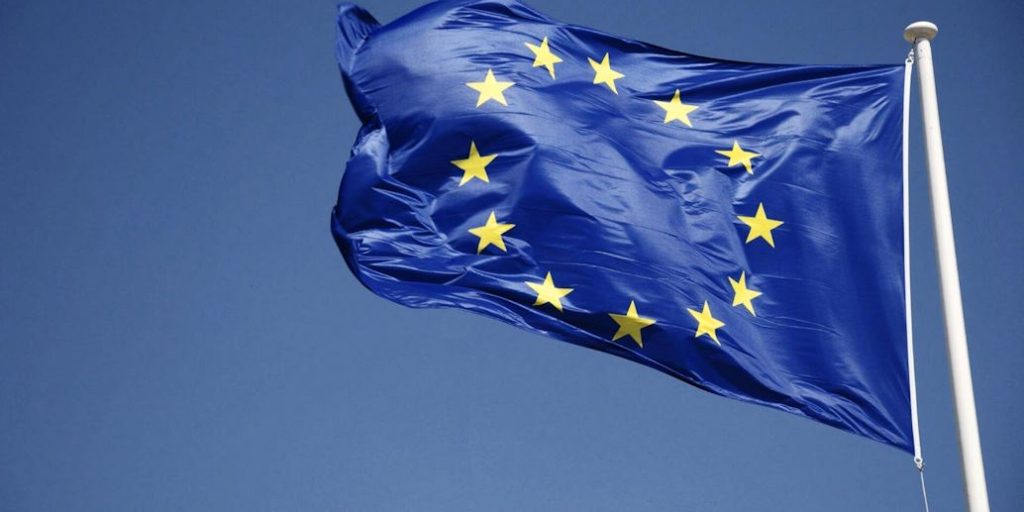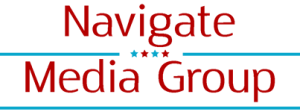This pervasive and destructive phenomenon undermines the foundations of societies and erodes public trust in institutions. European countries have recognized its detrimental impact and embarked on comprehensive anti-corruption reforms to combat this menace and establish a culture of transparency, accountability, and good governance.
Is corruption spread in Europe?
Corruption exists to varying degrees in Europe, with some countries facing greater challenges than others. While Europe generally has lower levels of corruption than other regions, it is not entirely free from this issue.
Efforts to combat corruption have led to the implementation of anti-corruption measures, including specialized agencies, legislation, and transparency mechanisms. However, challenges persist, and emerging forms of corruption require ongoing vigilance.
What are anti-corruption reforms in Europe, and how do they work?
Anti-corruption reforms in Europe encompass a range of measures aimed at combating corruption, promoting transparency, accountability, and good governance. These reforms work through various strategies and mechanisms to address corruption at different levels, including legislative, institutional, and societal dimensions. Here are some key aspects of anti-corruption reforms in Europe and how they work:
Legislative Reforms
European countries enact laws and regulations specifically targeting corruption. These include criminalizing corruption-related offenses, strengthening penalties for corrupt practices, and establishing legal frameworks for asset disclosure, conflict of interest, and whistleblower protection. Legislative reforms create a strong legal foundation for combating corruption and deterring individuals from engaging in corrupt activities.

Institutional Reforms
Europe implements institutional changes to enhance the effectiveness of anti-corruption efforts. It includes establishing specialized anti-corruption agencies with the authority and resources to investigate and prosecute corruption cases.
Additionally, reforms focus on strengthening judicial systems to ensure fair trials and expedite corruption-related cases.
Transparency and Accountability Mechanisms
Transparency and accountability play a crucial role in anti-corruption reforms. Governments implement measures to promote transparency in public procurement processes, government decision-making, and financial transactions. Freedom of information laws enable citizens to access public information, while asset disclosure systems and conflict of interest regulations hold public officials accountable for their actions.
International Cooperation
European countries engage in international cooperation to combat corruption on a global scale. It facilitates information sharing, mutual legal assistance, and the development of common standards to prevent and combat corruption across borders.
Civil Society Engagement
Civil society organizations and non-governmental entities play a vital role in anti-corruption reforms. They act as watchdogs, advocating for transparency, raising awareness about corruption issues, and monitoring the implementation of anti-corruption measures. Civil society’s engagement helps create an environment where corruption is exposed and public officials are held accountable.
Technological Advancements
The use of technology has emerged as a powerful tool in anti-corruption efforts. Digital platforms, online reporting systems, and whistleblower hotlines allow individuals to report corruption anonymously, reducing the fear of reprisal. Additionally, technology facilitates data analysis, monitoring financial transactions, and detecting suspicious activities, aiding in identifying and preventing corrupt practices.



